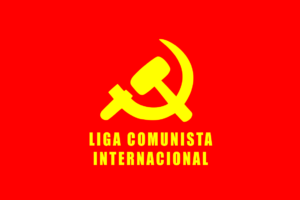
India: Increasing Repression against Journalists
Featured image: Protests against attacks on freedom of press in India. Source: Outlook India
We have previously reported on how the old Indian State is attacking organizations and individuals struggling for democratic rights. A recent report shows how journalists are being silenced by the State and receive criminal charges for reporting on cases the old Indian State wants to keep quiet.
On March 21, in response to a request from a Congress member, Anurag Singh Thakur, the Minister of Information and Broadcasting and Minister of Youth Affairs and Sports stated that the government does not have any data on journalists who have been arrested under the UAPA, the Indian Penal Code and other laws.
According to the Free Speech Collective, they have verified that at least 16 Indian journalists have been charged under the Unlawful Activities (Prevention) Act (UAPA). Currently at least eight journalists are behind bars and under trial, facing charges under the UAPA. Additional other repressive laws are used against journalists, like the National Security Act and others.
In some cases, like the cases of the Kashmiri journalists Asif Sultan and Fahad Shah, journalists are arrested under the UAPA, then get released on bail, only to be arrested again on other charges.
Another journalist from Kashmir, Sajad Gul, was arrested for publishing a video on Twitter related to women protesting the killing of a local militant commander. The video was removed and Gul was charged for “provoking people to resort to violence and disturb public peace”.
There are at least two more cases of journalists in Kashmir being arrested and charged under the UAPA.
In Jharkhand, the independent journalist Rupesh Kumar Singh has been under detention since July 2022. He is facing three investigations under different laws, including the UAPA, for alleged involvement in Maoist activities. He has reported on forced displacement, state militarization, environmental degradation and extrajudicial killings.
In November 2021, the government in the State of Tripura charged 102 people, including journalists, under the UAPA, for “publishing and posting distorted and objectionable” news regarding protests.
Geeta Seshu, a journalist and member of the Free Speech Collective says the following about the situation: “The unprecedented increase in the number of journalists being charged under draconian laws like the UAPA is a dangerous indication of the perilous state of free speech in India. When UAPA is used against journalists who seek to investigate and report on a range of issues, it criminalizes their legitimate work and stigmatizes them as ‘terrorists’.”

